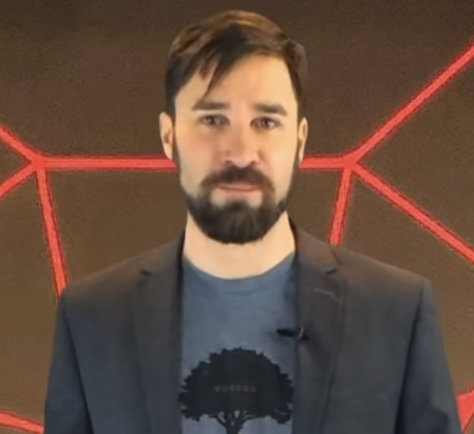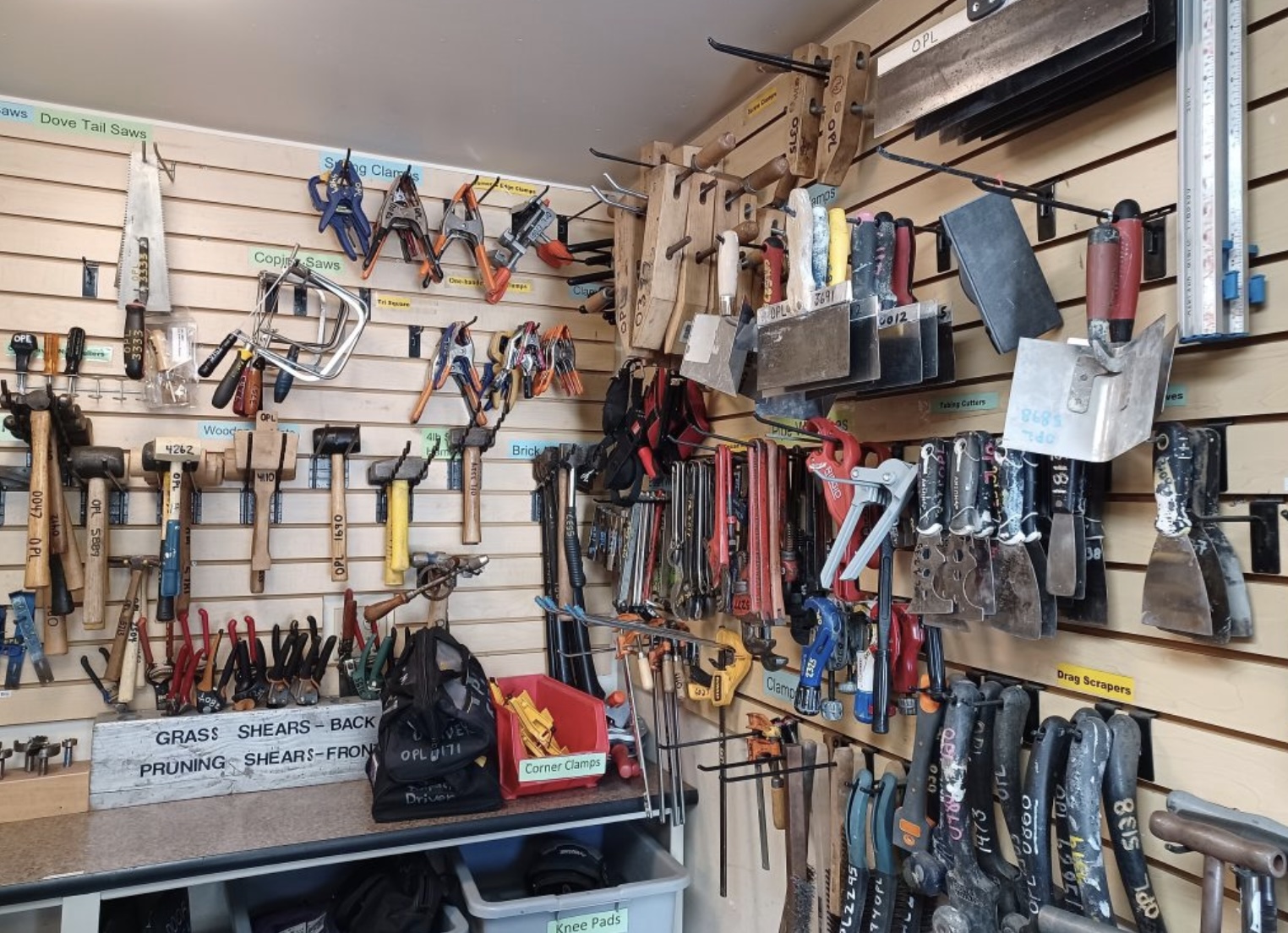Fifteen years ago, the American group Shareable filled a huge void in public consciousness when it began reporting about creative forms of sharing. Its web magazine introduced people to tool libraries, mutual aid networks, food-sharing systems, “sharing cities,” social co-operatives, tiny houses, and other neglected forms of collaboration.
Based in the Bay Area, Shareable is a worker-directed “news and action hub” that, in its words, “promotes people-powered solutions for the common good.” Despite a fairly small staff, the nonprofit has been a catalytic force nationally in promoting commoning and progressive change.

Around 2018, however, Shareable became a victim of its own success in its reporting on commoning. Commercial news outlets stepped up their coverage of Shareable’s themes, expanding social awareness of organized cooperation (hooray) – but that mainstream attention also began to eclipse Shareable’s visibility as a changemaker (boo). Meanwhile, Google and Facebook revamped their digital algorithms to steer Internet users interested in sharing to more popular, mainstream websites, siphoning away a big chunk of Shareable’s followers.
These circumstances pushed Neal Gorenflo, Shareable’s then-executive director, Tom Llewellyn, then-partnerships director, and several staff and board members to realize: Maybe the most urgent priority should be to organize people.
Shareable decided to develop an organizing strategy with vanguard players in various fields – urban commons, tool-sharing, cooperatives, mutual aid networks – while remaining a storyteller to make sense of emerging trends. Its organizing has significantly deepened its impact.
In the latest episode of my Frontiers of Commoning podcast (Episode #62), I talk with Tom Llewellyn, now Shareable’s executive director, about the group’s pivot to organizing and the partnerships that are expanding organized sharing.
One of Shareable’s most successful gambits has to help amplify and support the work of mutual aid networks. These self-organized, homegrown systems have been indispensable during the pandemic, disasters, and precarious everyday life in distributing food and medical supplies, and hosting timebanking service exchanges.
When Shareable found that a prominent mutual aid fund, Solidarity Economy St. Louis, didn’t have a ready tool to help others build their own mutual aid projects, Shareable worked with leading players to develop a comprehensive how-to guide. Advised by author Dean Spade, Stephanie Rearick of Humans United in Mutual Aid Networks, Julian Rose of New Economy Coalition, and others, Shareable also hosted an online, four-week learning series, Mutual Aid 101, that drew more than 2,300 online participants.
“We need to be showing up for each other right now,” said Llewellyn. “Life has been rough for a lot of people. There are a lot of unseen social disasters out there, some massive, destructive othering going on.”
Tool-sharing is another area that Shareable has helped expand. “Someone once did use-case research on electric power drills,” said Llewellyn, “and found that the average drill got used for only about fifteen minutes in its entire lifetime. He noted that tools that are shared will be used for hours and hours, but that takes some initiative and organization.

Again, through its how-to guides and journalism, Shareable has given fresh visibility to a little-known social innovation, “libraries of things.” Around the world, there are over 2,000 libraries of things, most of them volunteer-run and with annual budgets of less than $10,000. However, some tool libraries have thousands of members and thousands of items, with paid staff.”
Shareable is now working with a housing developer to bring the Libraries of Things concept to an affordable housing development in Houston, Texas. Residents will be able to participate in deciding what sorts of tools they want, and the Library itself will be built into a community-facing commercial space.
Shareable’s how-to guides are almost a genre unto themselves. It has produced more than 300 guidebooks to help communities thrive through sharing. They include guidebooks on seed-sharing, “freeing the soil by depaving,” starting a peer-to-peer lending group, launching a repair café, hosting “valet bike parking” at public events, and starting a hackerspace, DIY bike lanes in a city, and organizing a “Permablitz” (a few dozen volunteers who, in the tradition of a barn-raising, transform a suburban backyard into a micro-farm for vegetables in one day).
One especially enterprising how-to guide advises people how to set up an “emergency battery network” so that people can share electricity when there is a blackout, natural disaster, or some other catastrophe. Solar panels and backup generators are expensive for individuals and therefore not so helpful in addressing collective needs in a time of crisis. So Shareable partnered with the self-organized, mutual aid group People Power Battery Collective in Oakland, California, to demonstrate how a neighborhood can build an emergency battery network. The co-lab has led to fifteen other groups launching their own emergency battery networks.
In its many projects, Shareable has shown just how diverse, creative, and consequential organized sharing can be. The power of bottom-up collaboration focused on specific needs is powerful. When modest infrastructures are created to empower people to contribute their talents, some amazing things happen.
You can listen to my full interview with Tom Llewellyn here.










Recent comments